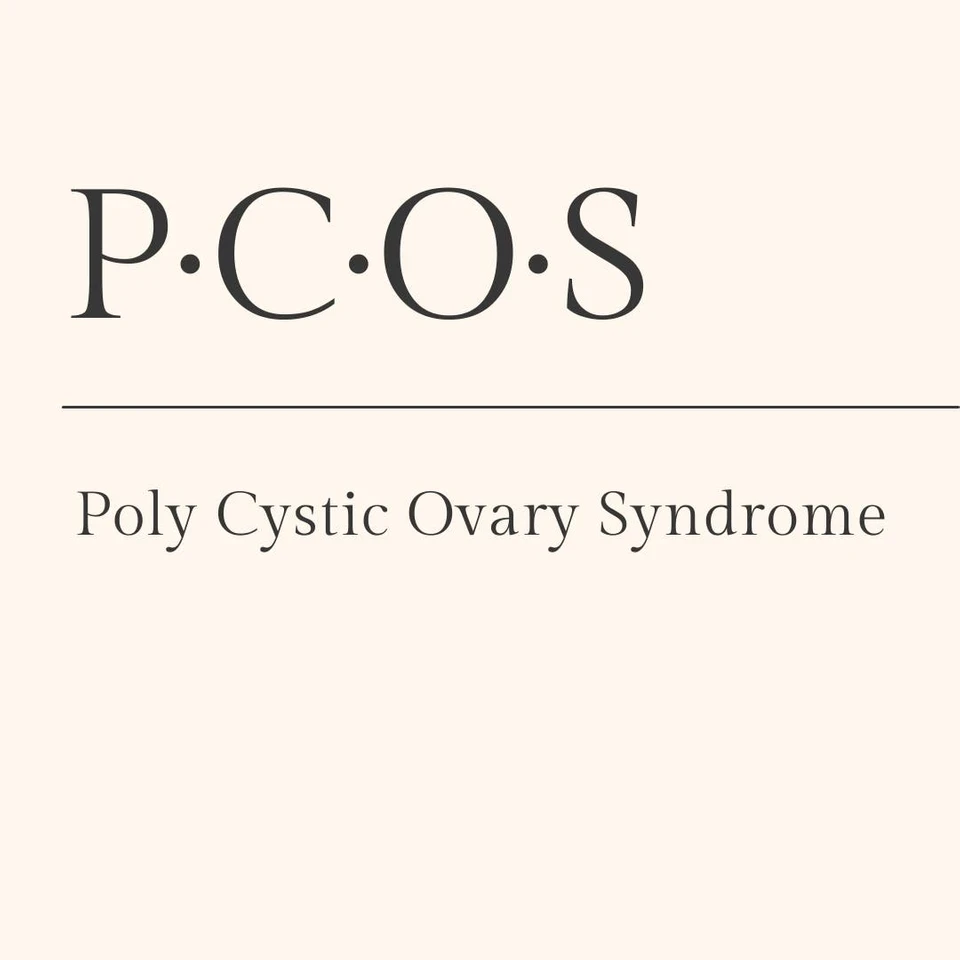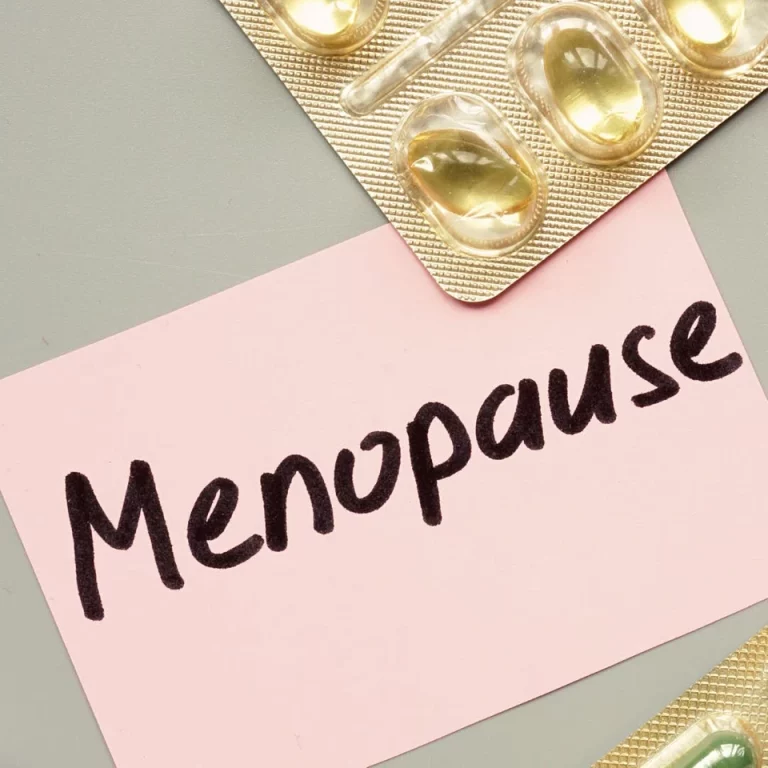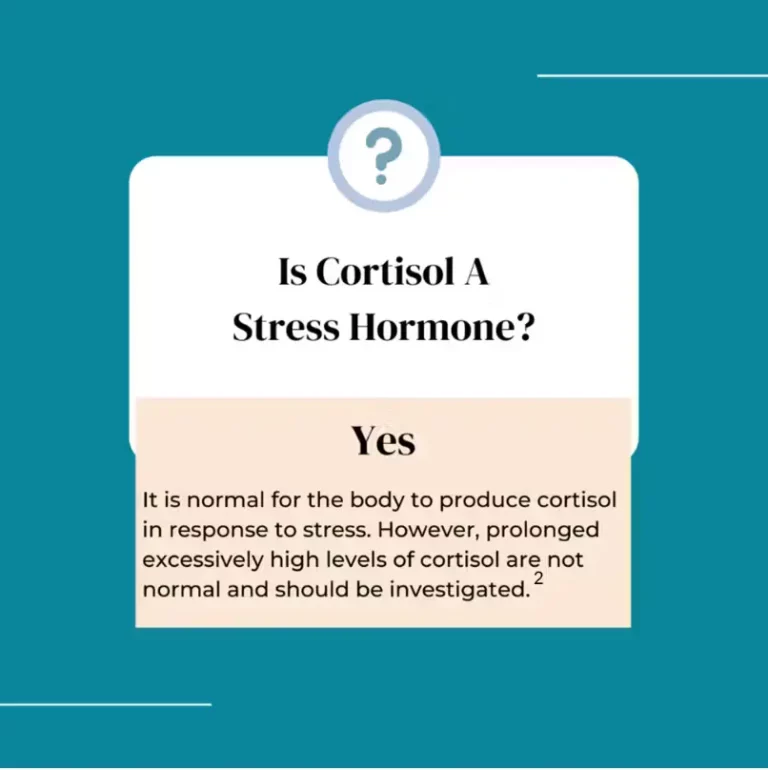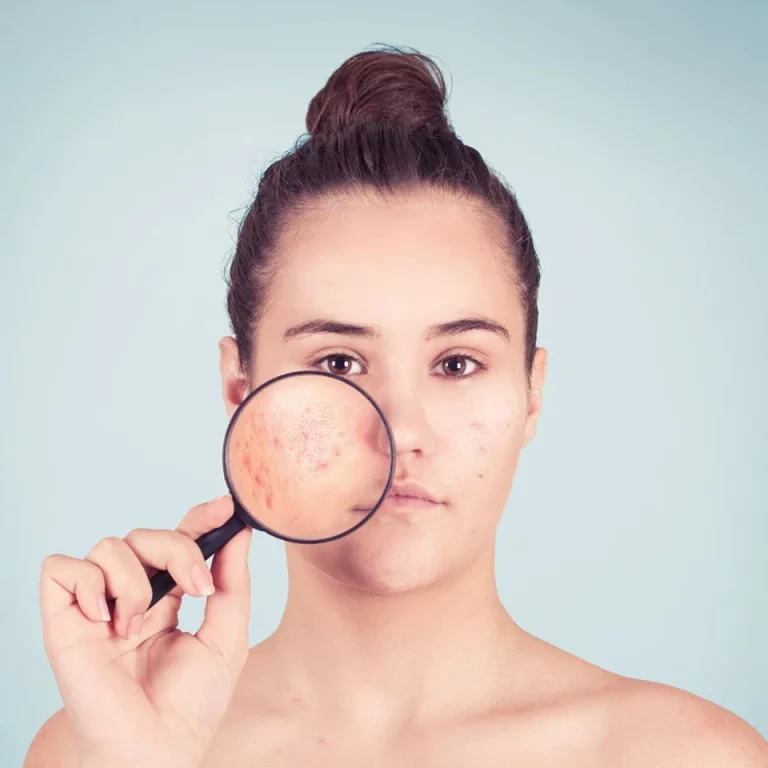What PCOS Means
PCOS stands for Polycystic Ovary Syndrome. PCOS is a hormonal disease characterized by any two of the following:
· Irregular menstrual periods
· Having physical signs or lab values of excessive androgens (“male hormones”) in your body
· Polycystic ovaries on ultrasound
It is the most common hormonal disorder in females of reproductive age (1). Females are at higher risk for PCOS if they have family members with PCOS or are obese (2).
Hormones In PCOS
There are many potential genes and environmental factors that can work together to cause PCOS. Doctors aren’t sure what exactly causes PCOS itself, but some of the factors that cause the endocrine changes of PCOS are:
High Androgens In PCOS
Androgens are sometimes called “male hormones” because male bodies generally make more than female bodies do. In females with PCOS, the hormones are out of balance since they have higher than normal levels of androgens, which can interfere with ovulation, cause ovarian cysts to mature, and cause symptoms like excess hair growth or acne (2).
PCOS Insulin Resistance And Risk Of Diabetes
Insulin is the hormone produced by the pancreas which helps move sugar (aka glucose) from the blood into the cells to use as energy. If cells are “insulin resistant”, it means they might need 2, 3, or 4 molecules of insulin to open up each cell instead of just the normal one, and glucose stays in the blood at first. The body then starts to think it didn’t make enough insulin, so it produces more insulin to drive the glucose into the cells.
This increase in insulin levels increases the production of androgens. For younger females with PCOS, their pancreas can usually keep up with the increased need for insulin production, but this can cause problems (including diabetes) later in life when the pancreas slows down. High insulin levels are also linked to a skin condition called Acanthosis nigricans (2).
Your endocrinologist can monitor your insulin and androgen levels through blood exams, and work with you to come up with a treatment plan as needed. Insulin resistance is the key focus of endocrinologists when it comes to PCOS, since it can affect so many other factors in the body, as described above.
PCOS High Cholesterol (Hyperlipidemia)
Related: PCOS Heavy Periods
Folks with PCOS who have insulin resistance can also have low levels of HDL (high density lipoprotein, aka the “good cholesterol”) and high levels of VLDL (very low density lipoprotein, aka “bad cholesterol”) and triglycerides (4). Your doctor will monitor cholesterol levels to check the status and see if any medication is needed to treat it.
Weight Gain In PCOS
PCOS is closely linked with obesity, based on multiple epidemiological and genetic studies. In fact, a significant proportion of folks with PCOS (anywhere from 38-88%) are either overweight or obese (6). Insulin resistance and elevated insulin levels (hyperinsulinemia) are contributing factors to weight gain in PCOS. Your doctor can help with the weight gain through making diet and exercise recommendations that work best for you.
PCOS Heart Disease
Folks with PCOS have been shown to have higher rates of coronary artery disease (CAD). This is associated with the increased cholesterol levels, increased insulin resistance, weight gain around the abdomen, and hirsutism (6). Your endocrinologist may work with a cardiologist and your primary care physician to work on a diagnosis if they suspect cardiovascular disease.
How Do You Know If You Have PCOS?
Since the symptoms of PCOS can potentially overlap with other endocrine and non-endocrine causes, the best way to know if you have PCOS is to visit your primary care physician or an endocrinologist. By reviewing your blood work, insulin levels, and listening to your history, they can accurately diagnose and recommend a plan of care or follow-up.
Sources:
Rasquin Leon LI, Anastasopoulou C, Mayrin JV. Polycystic Ovarian Disease. [Updated 2021 Jul 21]. In: StatPearls [Internet]. Treasure Island (FL): StatPearls Publishing; 2021 Jan-. Available from: https://www.ncbi.nlm.nih.gov/books/NBK459251/
Ndefo, U. A., Eaton, A., & Green, M. R. (2013). Polycystic ovary syndrome: a review of treatment options with a focus on pharmacological approaches. P & T : a peer-reviewed journal for formulary management, 38(6), 336–355.
Kim, J. J., & Choi, Y. M. (2013). Dyslipidemia in women with polycystic ovary syndrome. Obstetrics & gynecology science, 56(3), 137–142. https://doi.org/10.5468/ogs.2013.56.3.137
Barber, T. M., Hanson, P., Weickert, M. O., & Franks, S. (2019). Obesity and Polycystic Ovary Syndrome: Implications for Pathogenesis and Novel Management Strategies. Clinical medicine insights. Reproductive health, 13, 1179558119874042. https://doi.org/10.1177/1179558119874042
Robert A. Wild, Enrico Carmina, Evanthia Diamanti-Kandarakis, Anuja Dokras, Hector F. Escobar-Morreale, Walter Futterweit, Rogerio Lobo, Robert J. Norman, Evelyn Talbott, Daniel A. Dumesic, Assessment of Cardiovascular Risk and Prevention of Cardiovascular Disease in Women with the Polycystic Ovary Syndrome: A Consensus Statement by the Androgen Excess and Polycystic Ovary Syndrome (AE-PCOS) Society, The Journal of Clinical Endocrinology & Metabolism, Volume 95, Issue 5, 1 May 2010, Pages 2038–2049, https://doi.org/10.1210/jc.2009-2724
We discuss products we think are useful to people. If you buy something through our links, we may earn a commission. Remember to check with your personal physician to see if a product recommended is right for you.








